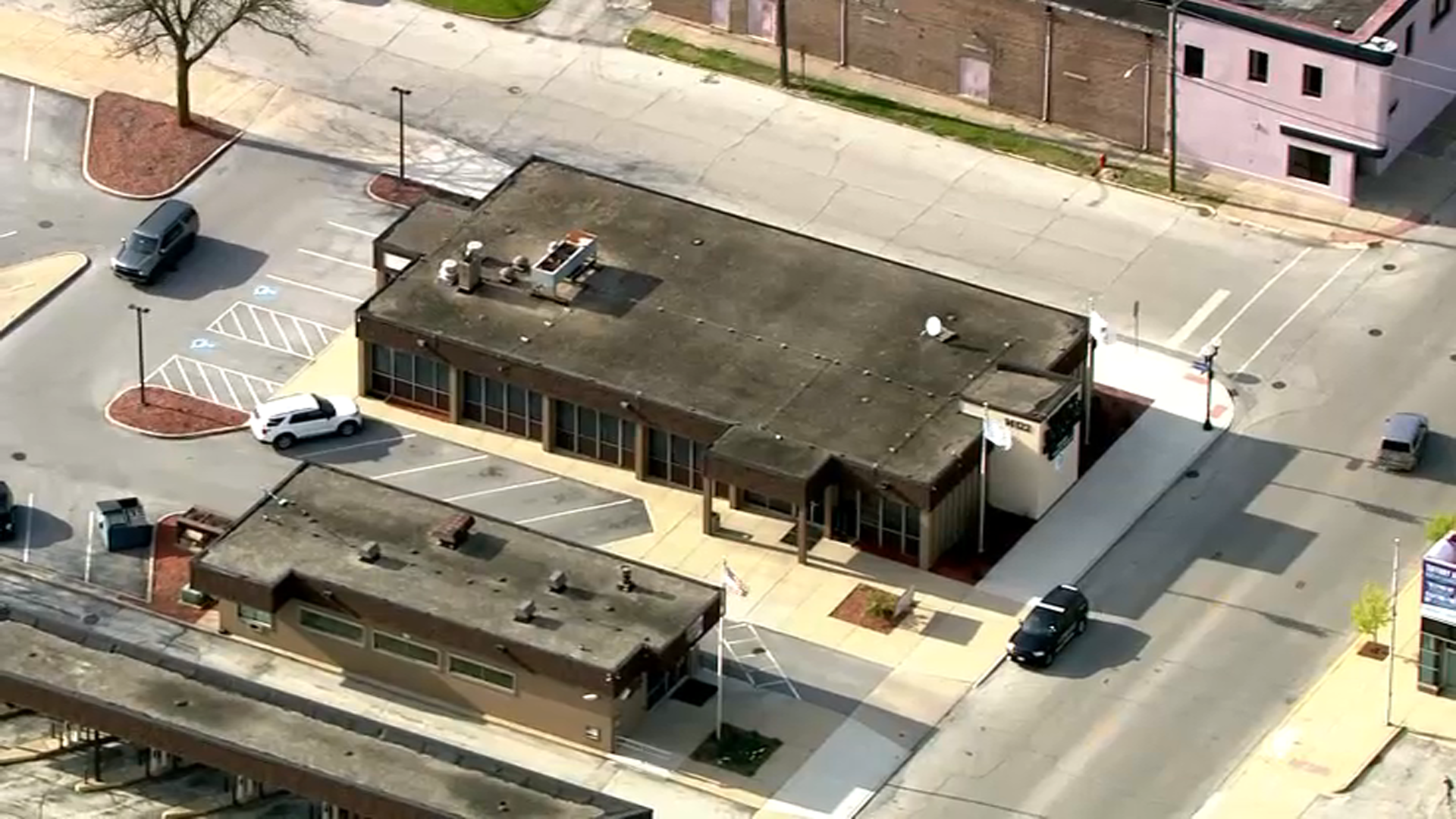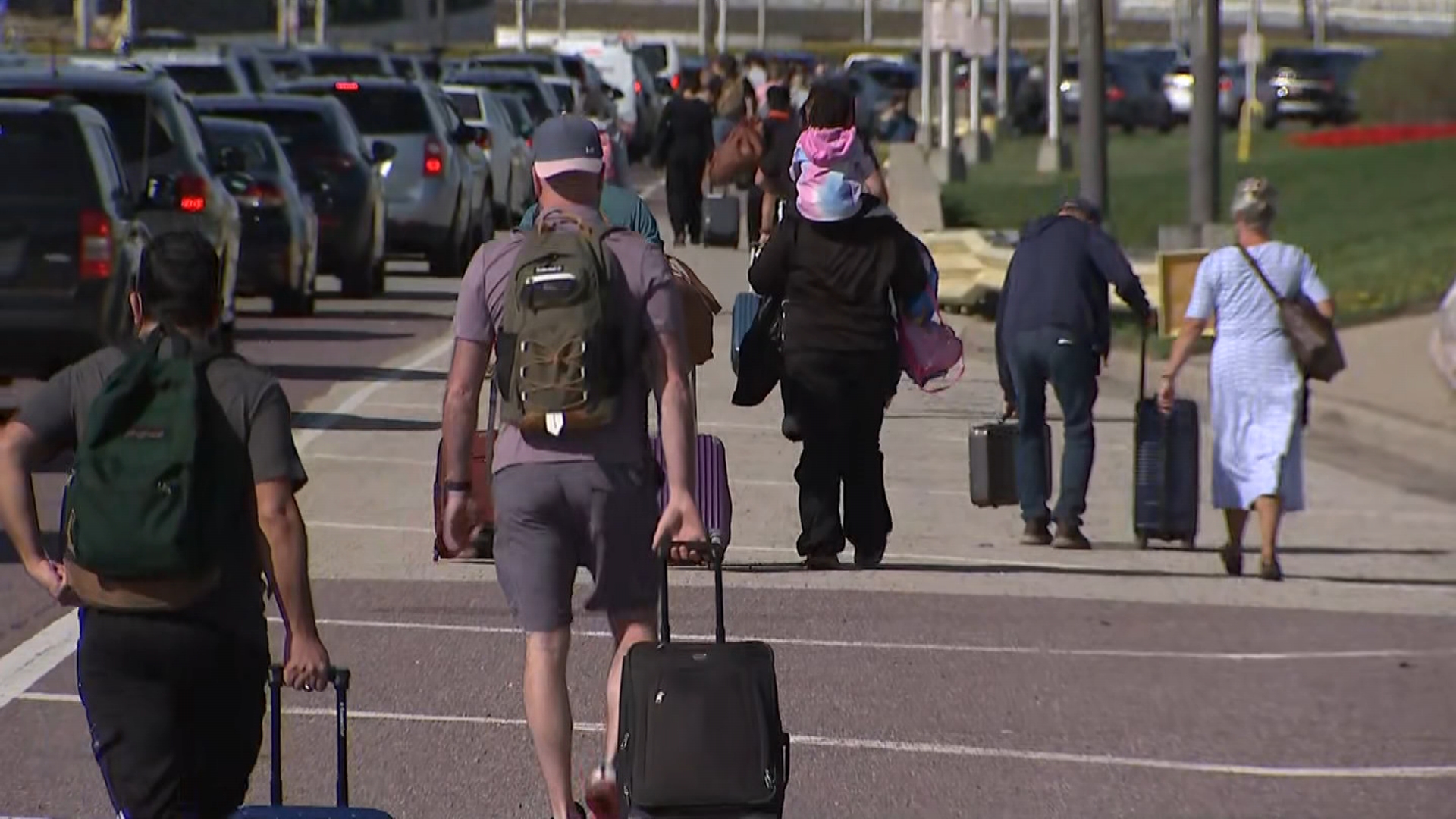The clock is ticking on Pat Quinn’s administration as governor. And, on a big decision involving millions of dollars, and the health concerns of thousands of people statewide.
The issue is medical marijuana.
Quinn signed the law legalizing medical pot in August of 2013 but state regulators blew past a December 31st deadline to grant licenses for growers and dispensaries. And if the current administration can’t finalize those licenses by Monday, the entire process gets kicked to the new governor, Bruce Rauner.
Rauner has already made clear, that he is not a fan.
“Something stinks, and it’s not the marijuana,” Rauner said during the campaign, declaring he would have vetoed the bill if it would have crossed his desk. “The process is so overtly corrupt, so indefensible, it would make Rod Blagojevich blush.”
The stakes are high.
All told, there are 373 applicants, for just 60 marijuana dispensaries, and 21 cultivation centers statewide. Millions of dollars are at stake. Not to mention, the thousands of Illinois citizens who hope to obtain medical marijuana cards, which would enable them to legally purchase pot, for treatment of a variety of maladies.
Local
“I voted for Governor Quinn, because he signed the medical marijuana bill,” says north suburban resident Marla Levi, who suffers from multiple sclerosis. “I want him to move forward!”
Levi is among nearly 700 patients who have already been approved to buy marijuana, if or when the program gets off the ground.
“I’ve got to get my medicine somewhere,” she says. “And I want to do it legally.”
No one with the state will elaborate on why the process missed the self-imposed December deadline, or what may happen during the next four days.
“I don’t have any update on the timing,” said Melaney Arnold, with the Illinois Department of Public Health. “It was an arbitrary deadline. It was our estimate of when we were to have reviewed all the applications.”
Privately, those close to the process say the review has gone to fine-toothed levels, to avoid the embarrassments encountered in some other states where less-than-reputable entities ended up with what can be extremely lucrative licenses. But if that process is not completed by the time Rauner takes the oath of office Monday, it could put the program in an entirely new light.
“During the campaign, Bruce called for a more transparent process and an open auction for those licenses,” spokesman Lance Trover told NBC5. “A Rauner administration will review the status of the program, and act accordingly.”
The marijuana law’s author, State Representative Lou Lang, a Skokie Democrat, said he believes regulators are merely being extra cautious. And he expressed concern that Rauner might try to make changes, when the program is so close to launch.
“It is much more important to do it right, than to do it fast,” Lang said. “To have a new governor put the brakes on everything, that would be a bad way for Mr. Rauner to start his administration.”
If Quinn acts, it would become one of the last decisions of his administration. Sue Hofer, a spokesman for the Illinois Department of Financial and Professional Regulation, would not speculate on when that might happen.
“We are trying to finish before the new administration takes office,” she said.



